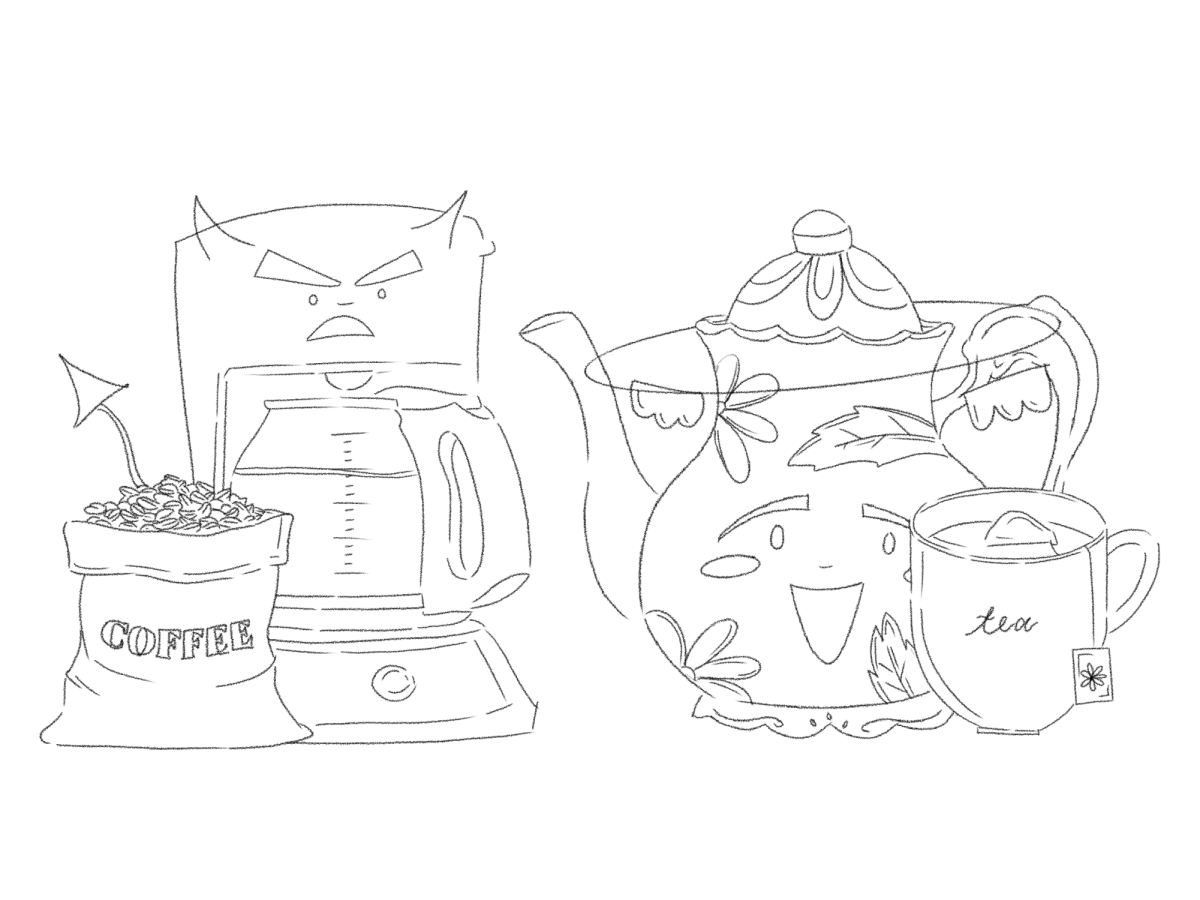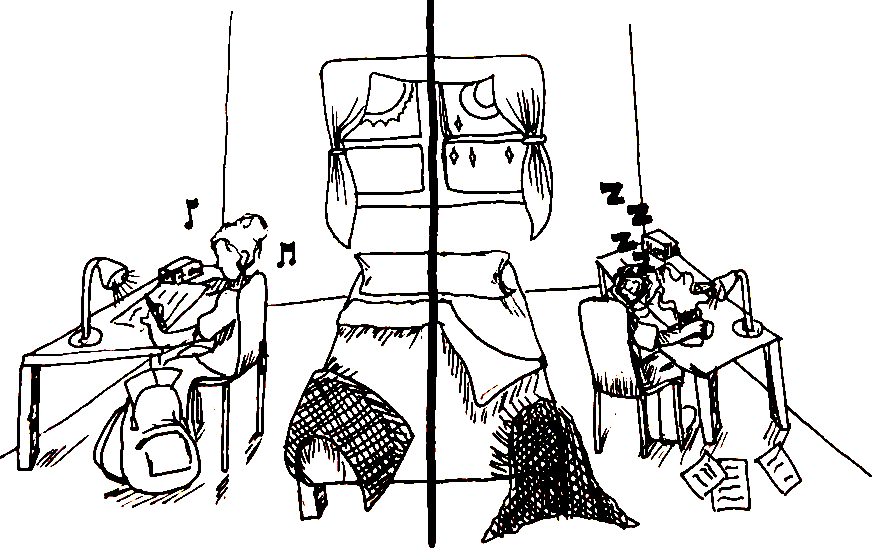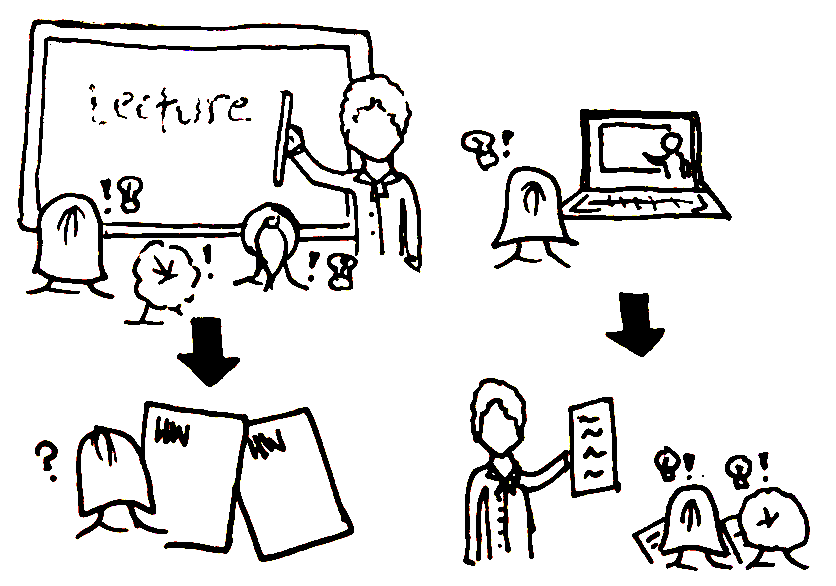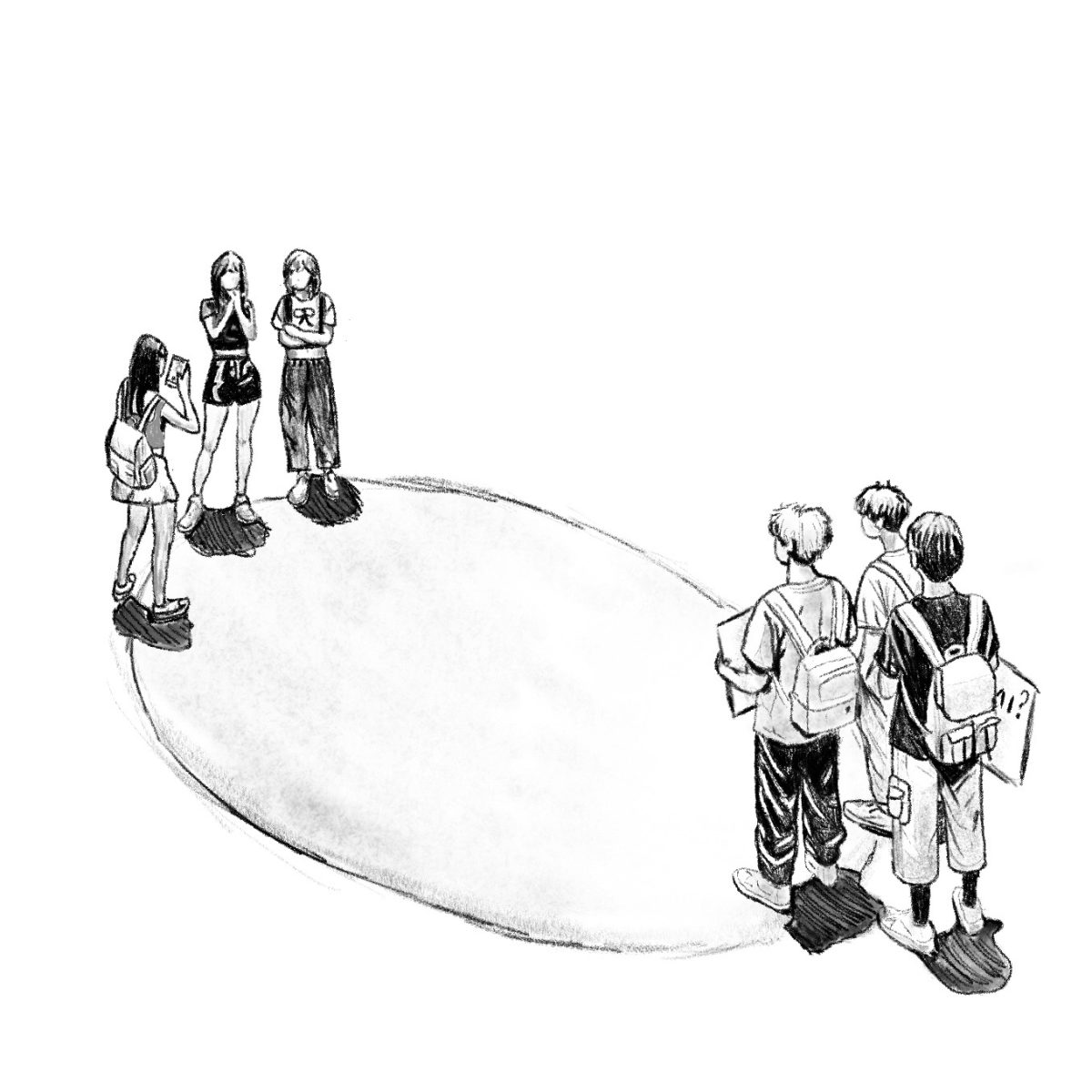The moment a Starbucks Caramel Ribbon Crunch Frappuccino first hit my lips, I was convinced that coffee was the one thing I had been missing all my life. 11-year-old me had never been permitted to even smell caffeine before that day and thus had never experienced the mesmerizingly rich flavor of a cup of joe. From here began my daily tradition of making myself a cup of coffee every morning. Sure, my parents protested for all the reasons you’d think a parent would: I could get addicted, lose sleep or stunt my growth (for the record, my 5 foot 9 inch self grew just fine).
Unfortunately, I did not heed my parents’s warnings, and my relationship with coffee became toxic. It seemed that a cup of coffee would give me short bursts of energy that would fizzle out almost immediately. Finally, after one particularly exhausting day, I decided to see if making the switch to tea would earn different results. I’m here to tell you that you too should set down the coffee pot and pick up the tea kettle.
One obvious reason is the taste. Unless you’re the rare 17-year-old who can stand the bitter taste of black coffee, chances are you dilute yours with a sizable dose of cream or sugar. It’s simply unnecessary to infuse calorie-rich added sugar into your morning beverage when tea offers a flavor that requires no suppressant. The many kinds of teas offer a variety of flavors, like fruity, herbal, earthy, sweet and even floral. Maybe a strong tea isn’t, well, your cup of tea — don’t fret! You can alter the intensity of your tea by steeping it for as long as you would like.
Maybe you push through the taste of coffee because you “need” the caffeine boost. I have some bad news for you: the way your body absorbs caffeine from coffee can contribute to panic attacks, make your heart work harder and raise your blood pressure. The average brew of coffee contains 96 milligrams of caffeine, and 95% of it is absorbed into the bloodstream in less than fifteen minutes. On the flip side, our bodies absorb caffeine from tea more slowly and consistently, making us feel more balanced. Tea still offers plenty of energy; an average cup of black tea contains 47 mg of caffeine.
Tea’s effects on energy are not the only health benefits it offers. Tea contains an amino acid called L-theanine, which supports sleep, relaxation and mental focus. It also helps to aid health issues like high blood pressure. Furthermore, the antioxidants found in tea are proven to boost your immune system and fight off inflammation, and while coffee is great for an instant energy spike, tea offers continuous energy with no drop-off. The benefits of becoming a tea drinker are undeniable, so I implore you to make the change.










